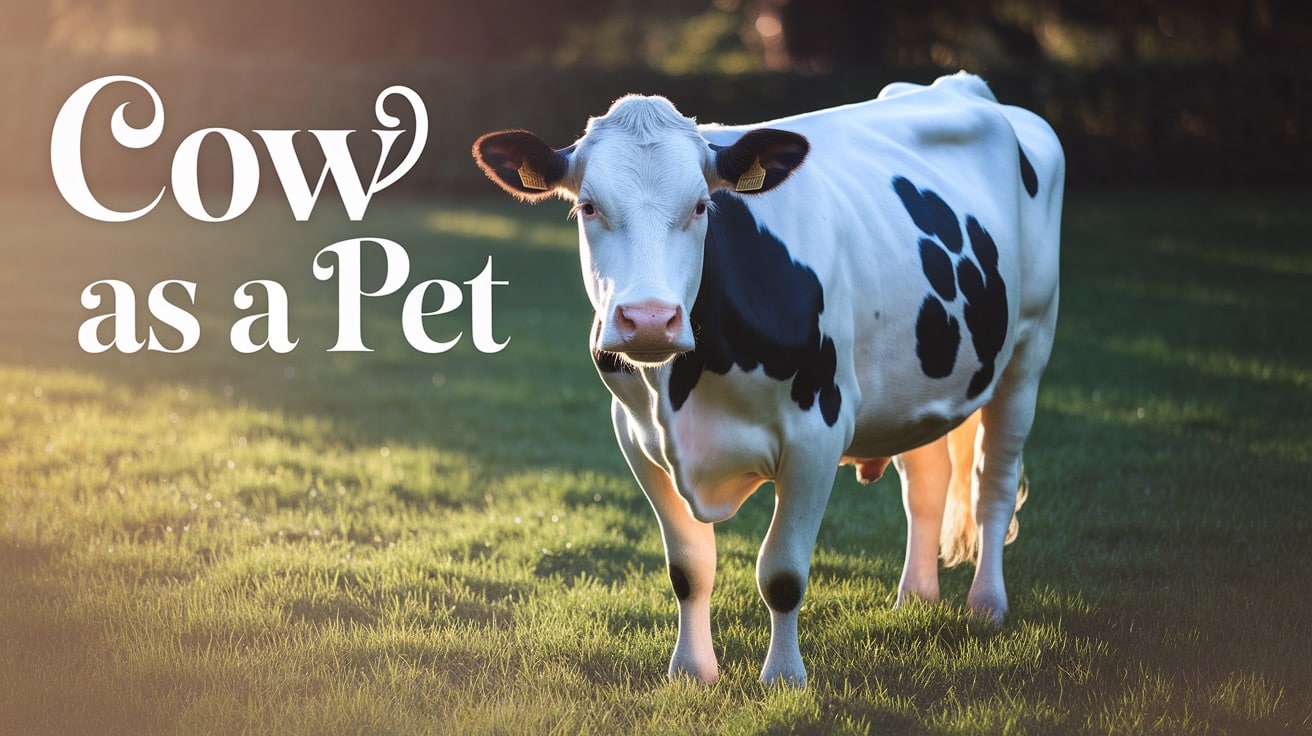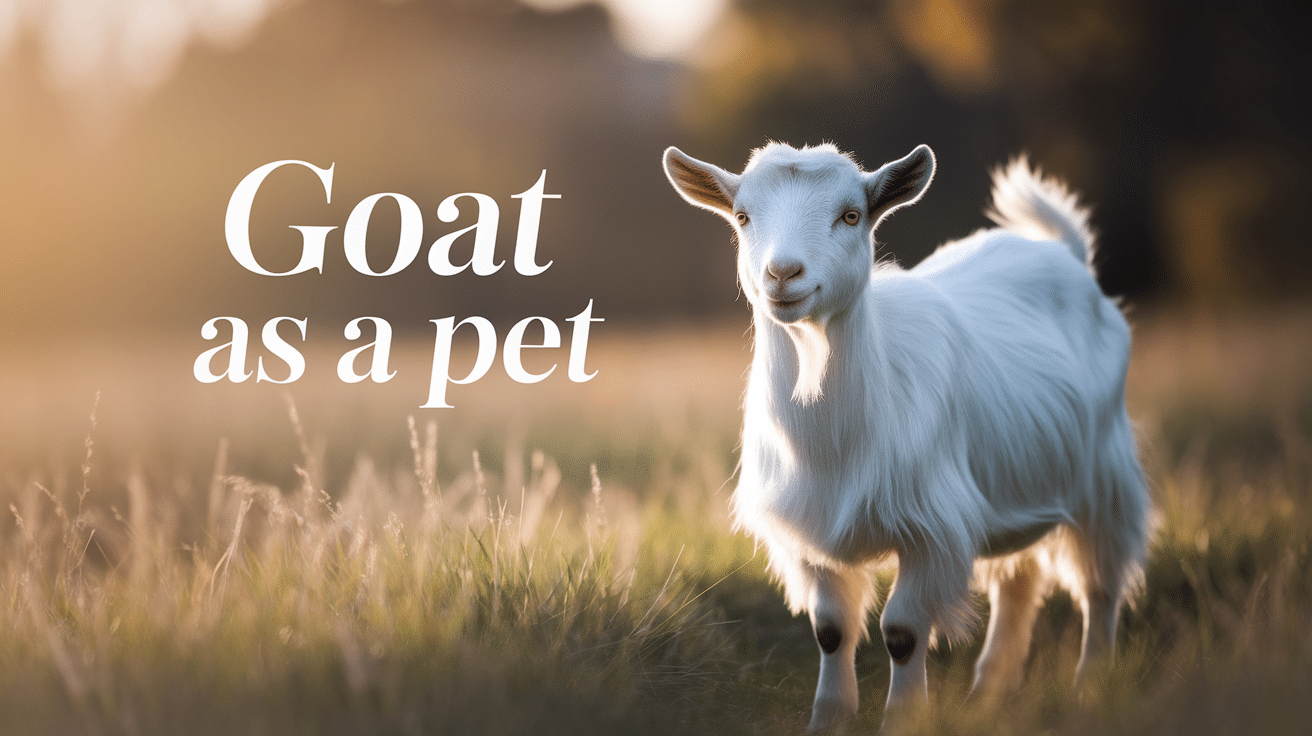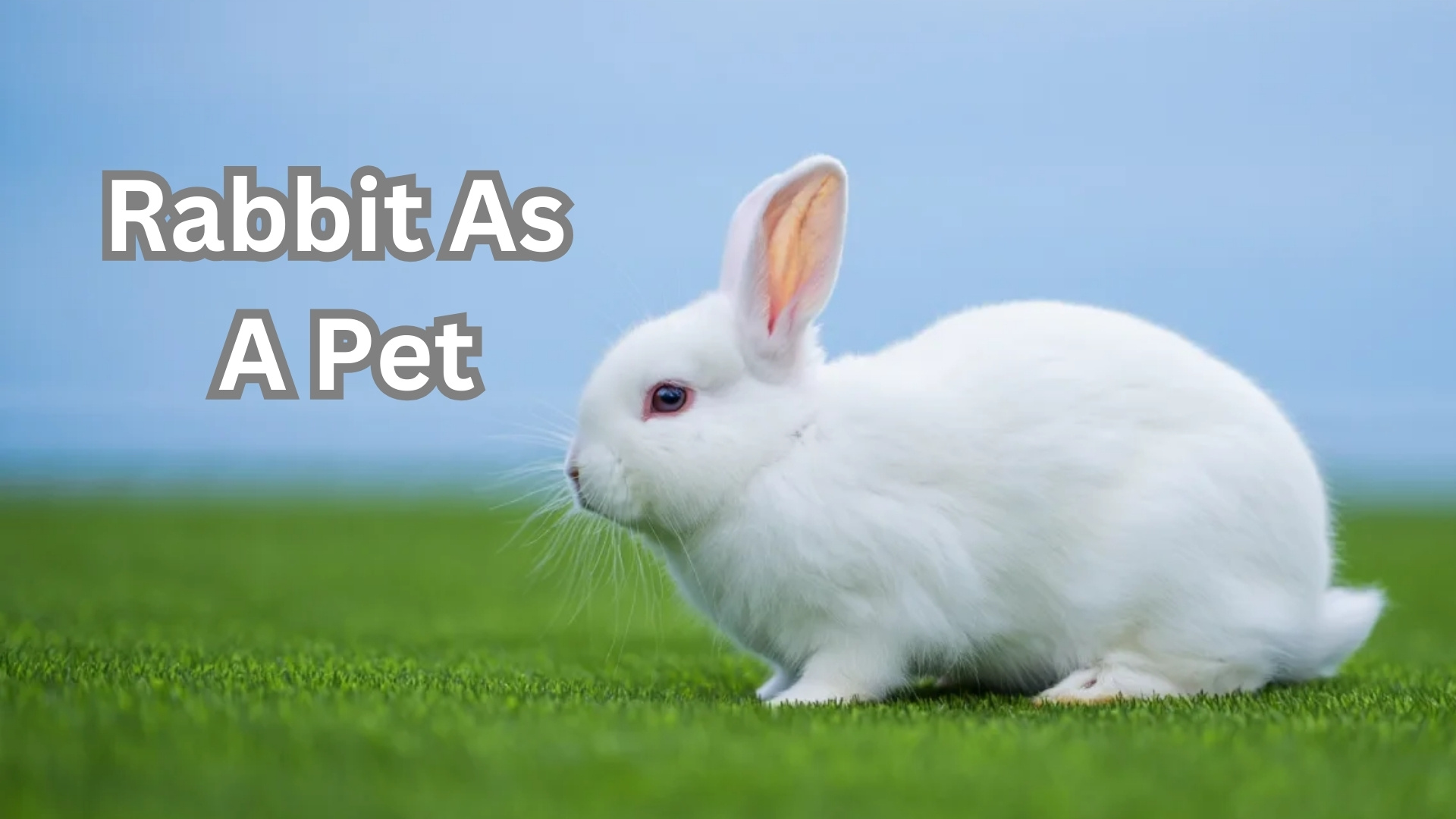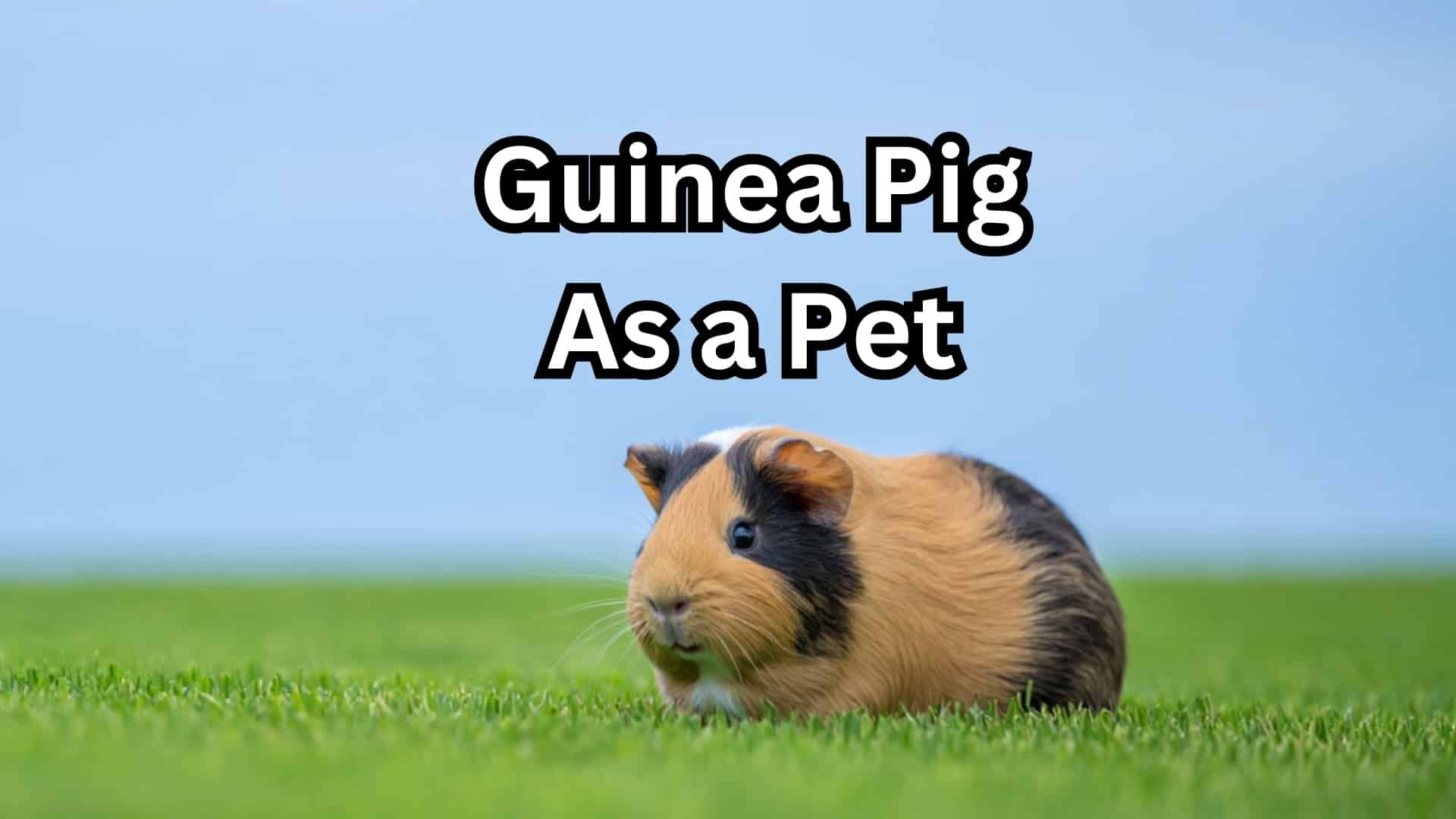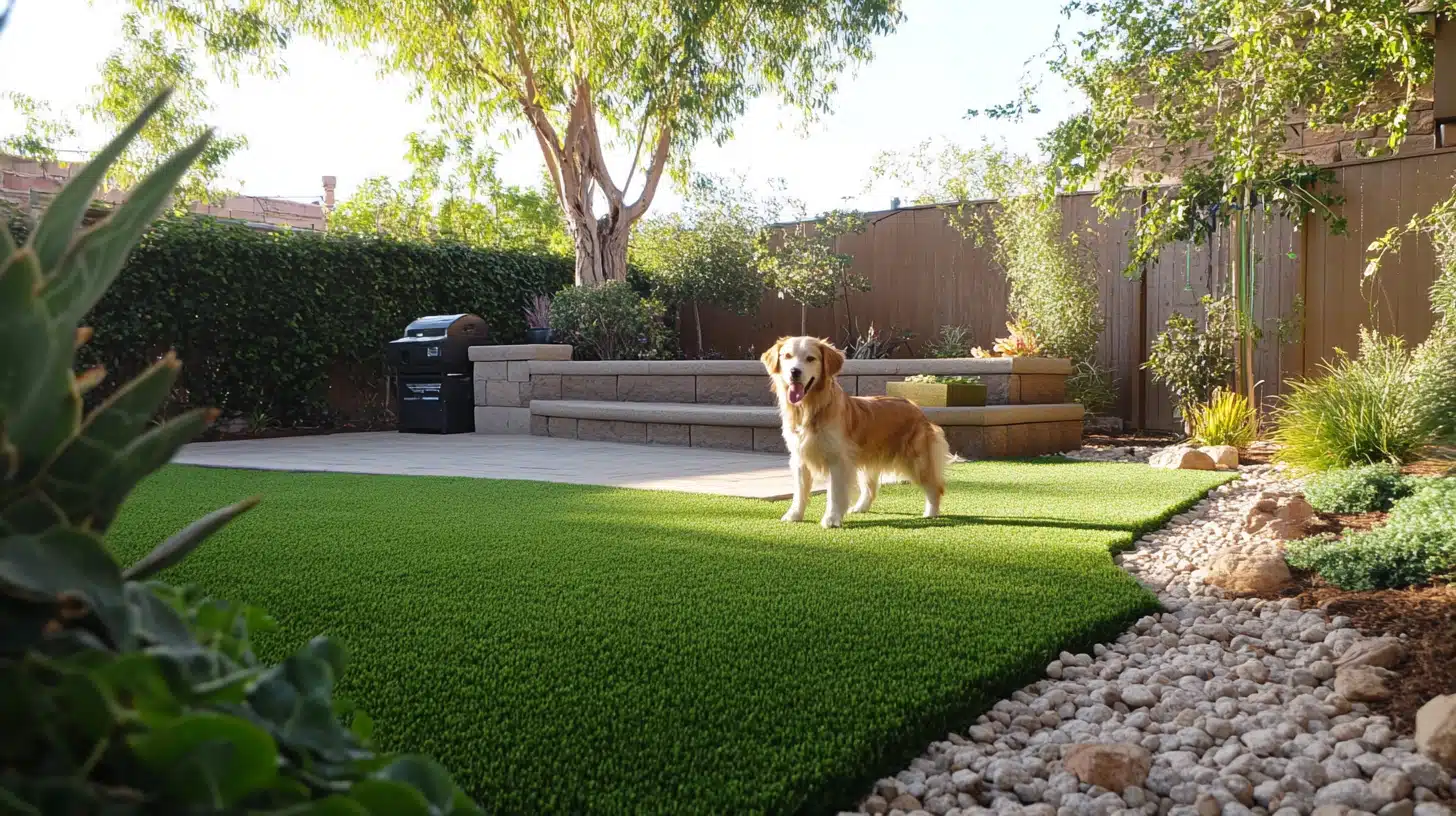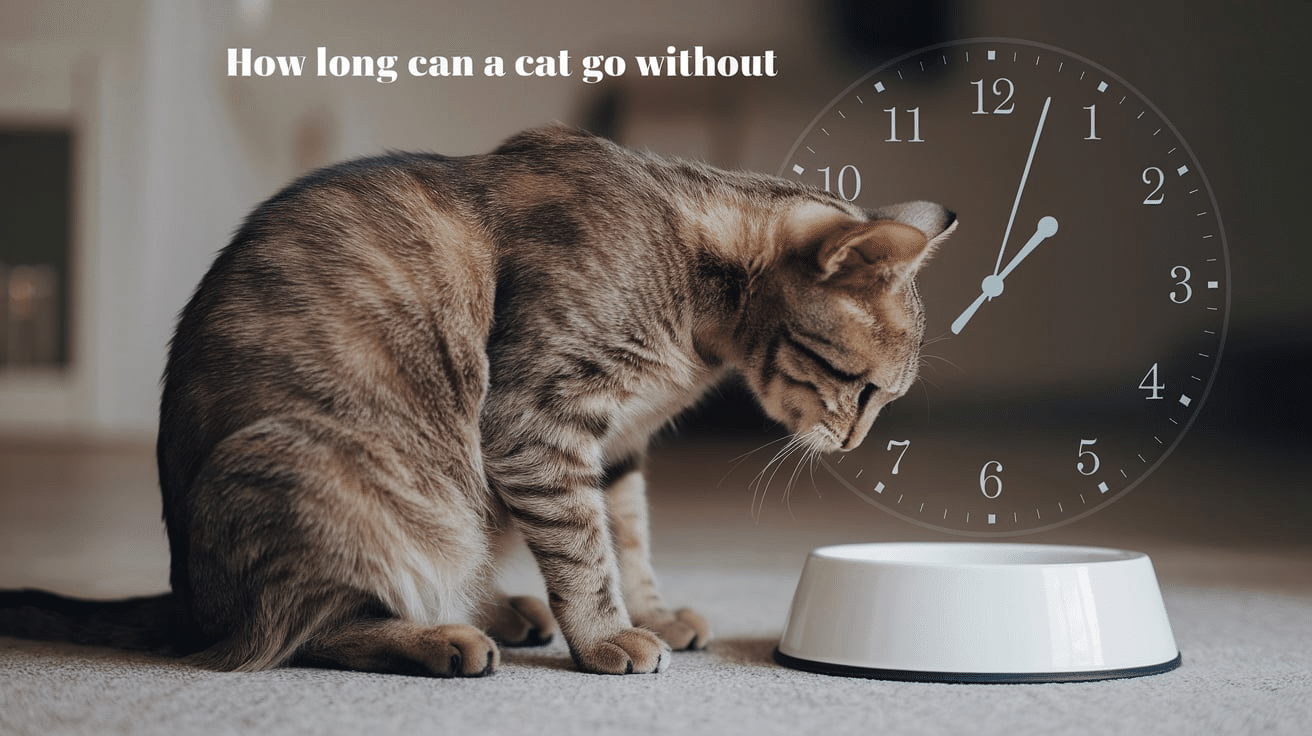
As cat owners, one of the most alarming situations we can face is when our feline companions suddenly stop eating.
While healthy adult cats can technically survive 1-2 weeks without food if they have access to water, this statistic masks a critical reality: within 3-4 days, their health begins rotting significantly.
The difference between survival and thriving is substantial. A cat’s relationship with food isn’t merely about sustenance—it’s a vital indicator of their overall health and well-being.
When that pattern changes, it serves as an early warning system that demands our attention.
This guide probes the crucial timeline of feline food deprivation, helping you recognize when normal becomes dangerous and empowering you with the knowledge to act quickly when necessary.
The Role of Water in Survival
While a cat’s ability to endure periods without food is surprisingly resilient, their tolerance for water deprivation is dramatically shorter.
Cats can only survive 2-3 days without water before severe dehydration sets in, creating a far more urgent timeline than food deprivation alone.
Dehydration poses a direct and severe threat to feline health, rapidly progressing to organ failure, weakness, and collapse.
The body’s essential functions—cellular processes to toxin elimination—depend critically on adequate hydration.
Unlike reduced food intake, which the body can temporarily compensate for by metabolizing fat stores, there is no biological workaround for lack of water.
This makes monitoring your cat’s water consumption just as crucial as tracking their food intake, if not more so.
A cat that stops drinking requires immediate veterinary intervention, as the window for successful treatment narrows quickly with each passing hour.
How Fasting Affects a Cat’s Body
Cats rely on proteins and fats for energy, with a metabolism uniquely designed for processing these nutrients from their prey.
When food intake stops, their bodies quickly shift into survival mode, beginning to break down fat reserves for fuel within hours.
However, unlike humans or dogs, cats’ livers struggle to process stored fat efficiently. This physiological limitation can rapidly lead to hepatic lipidosis (fatty liver disease), a life-threatening condition where fat accumulates in the liver, compromising its function.
This distinctive vulnerability makes cats especially susceptible to severe health consequences during periods of fasting.
Without intervention, these initial changes quickly cascade into more serious complications, highlighting why even short fasting periods require close monitoring in cats.
Health Problems That Make Cats Not Want to Eat
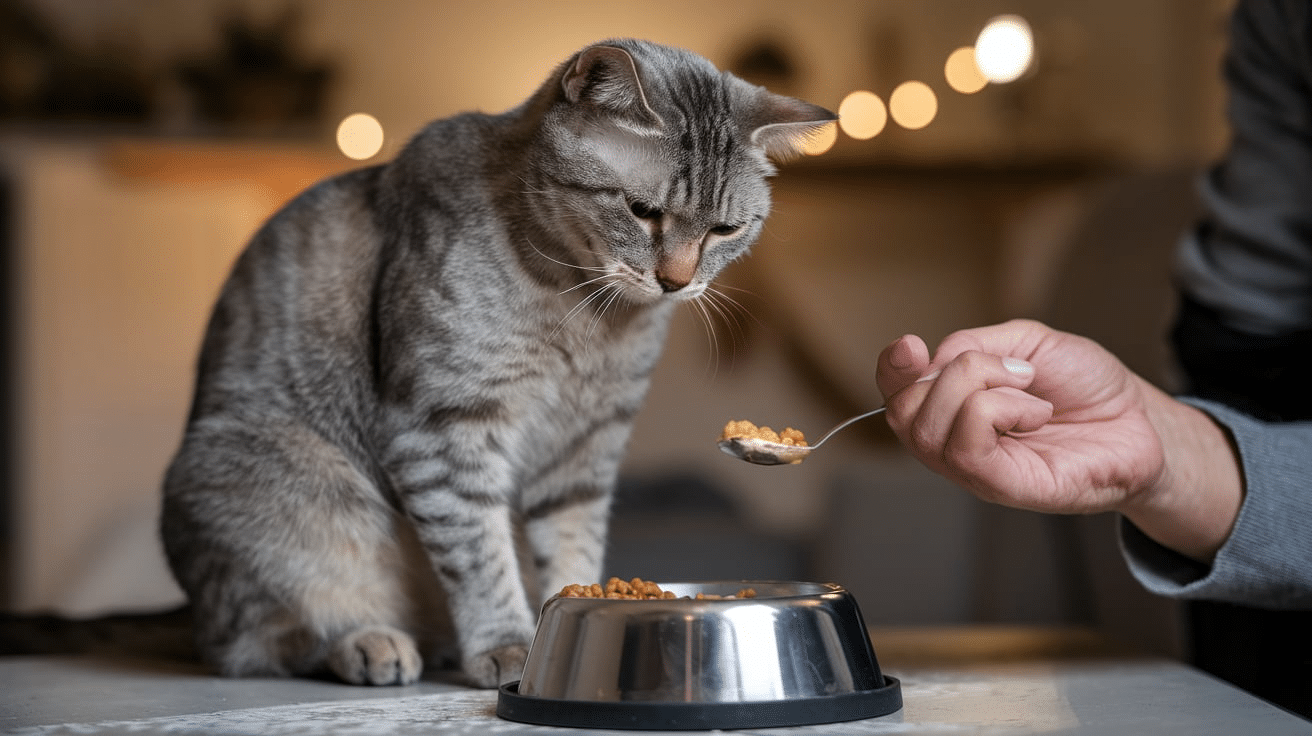
A loss of appetite in cats often indicates an underlying health issue. Various conditions can make eating uncomfortable or unappealing, from dental pain to serious illnesses. Identifying the cause early is crucial for your cat’s well-being.
- Tooth Pain: When a cat has sore gums, infected teeth, or broken teeth, eating hurts too much.
- Stomach Problems: If your cat has an infection or inflammation in their stomach or intestines, they might feel sick to their stomach.
- Kidney Problems: Older cats often get kidney disease, which makes them feel nauseous and not hungry.
- Liver and Pancreas Issues: These organs help with digestion. Cats feel uncomfortable and don’t want to eat when they’re not working right.
Why Your Cat Might Not Be Eating?
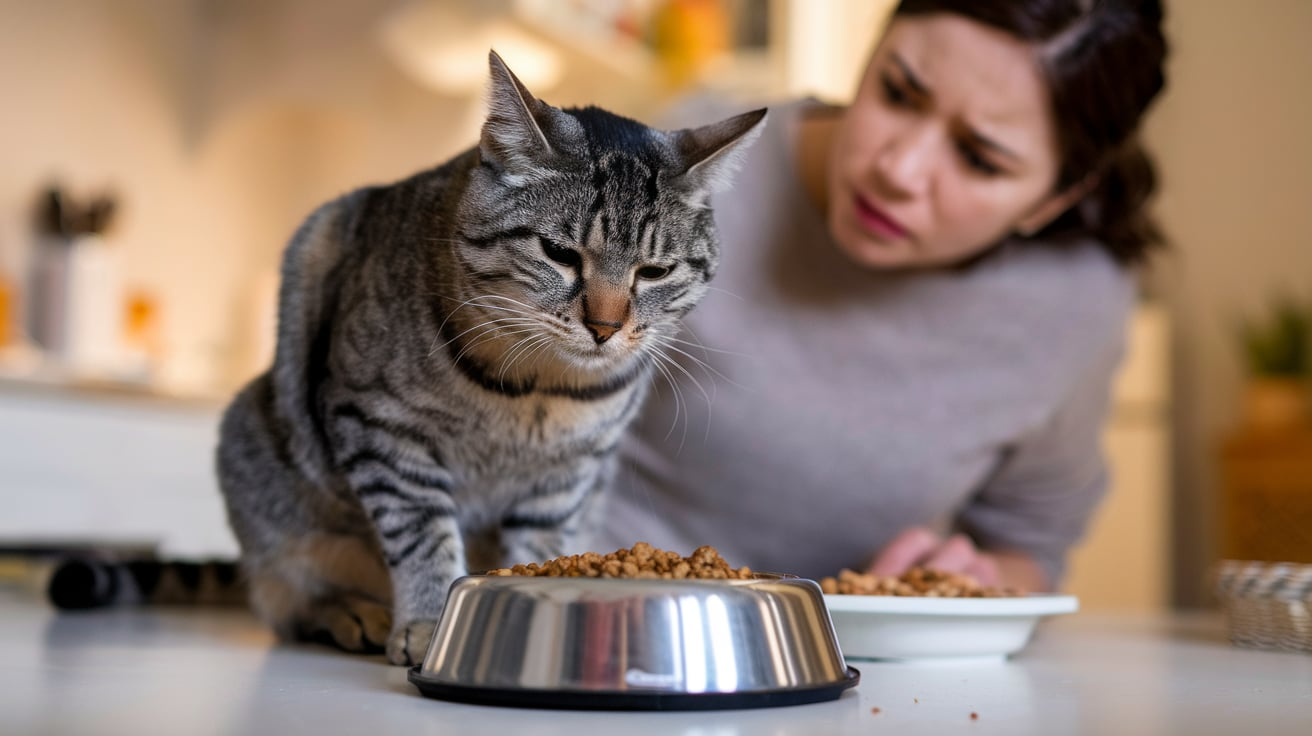
Cats can stop eating for various reasons, from stress and environmental changes to underlying health problems.
Loss of appetite isn’t always serious, but prolonged refusal to eat can lead to severe complications. Understanding the cause can help you take the right steps to support your cat.
- Feeling Scared or Worried: When big changes happen, like moving to a new home or meeting a new pet, cats might get too upset to eat.
- After Seeing the Vet: Some shots or medicines can make your cat feel sick or sleepy for a short time.
- Being Choosy About Food: Cats can be picky eaters. They might refuse to eat if you suddenly change their food or if the food feels different in their mouth than what they’re used to.
If your cat stops eating for any of these reasons, they’ll usually start eating again once they feel better or get used to the changes.
How Different Cats Need Different Feeding
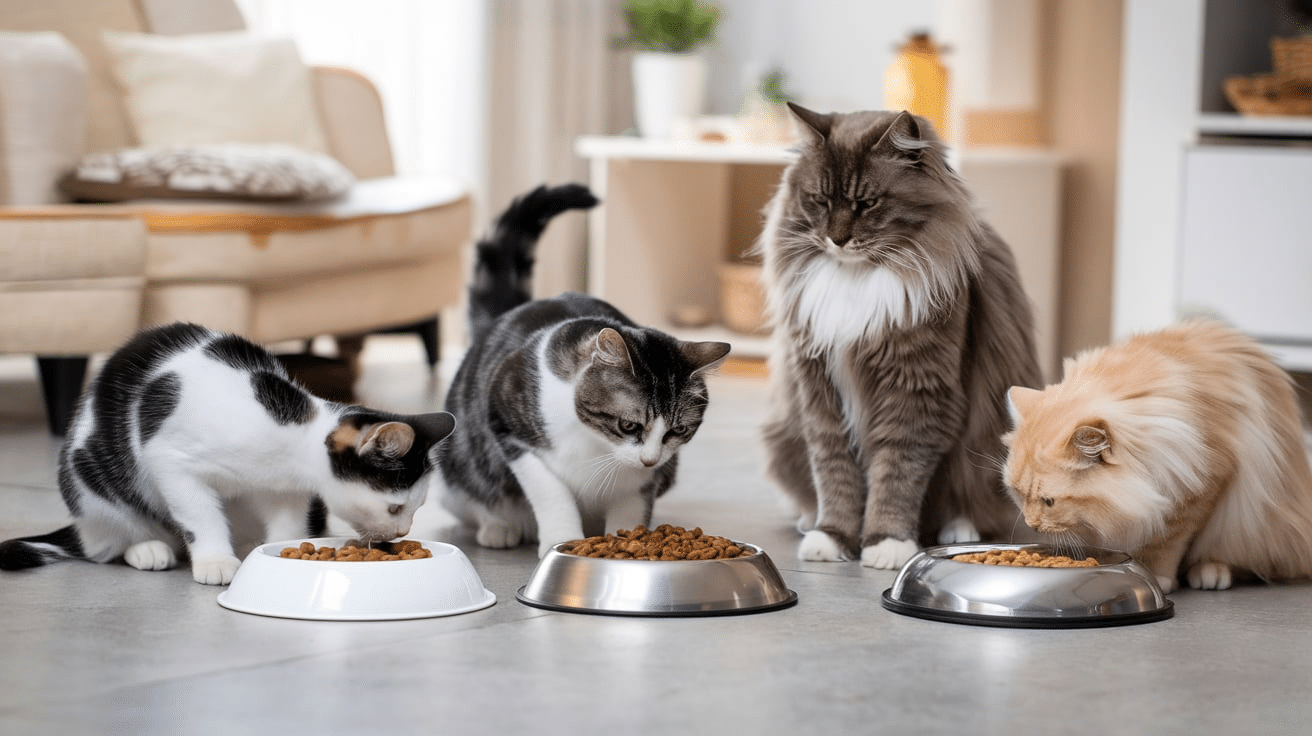
Every cat has unique dietary needs based on age, breed, health, and lifestyle. What works for one cat may not suit another, making personalized feeding essential.
Understanding these differences ensures your cat stays healthy and well-nourished.
- Young Kittens Need to eat many times each day. If kittens miss meals, they can quickly get sick because they’re still growing.
- Older Cats: Don’t need as much food because their bodies slow down as they age. But older cats often have health problems that make eating harder.
- Cats That Are Already Sick: Need to keep eating regularly. When cats are sick, their body is already fighting hard, so they need food to stay strong.
Knowing what’s normal for your cat at their age is important. This helps you notice when something is wrong with their eating habits so you can help them immediately.
Fatty Liver Disease: A Dangerous Problem for Cats
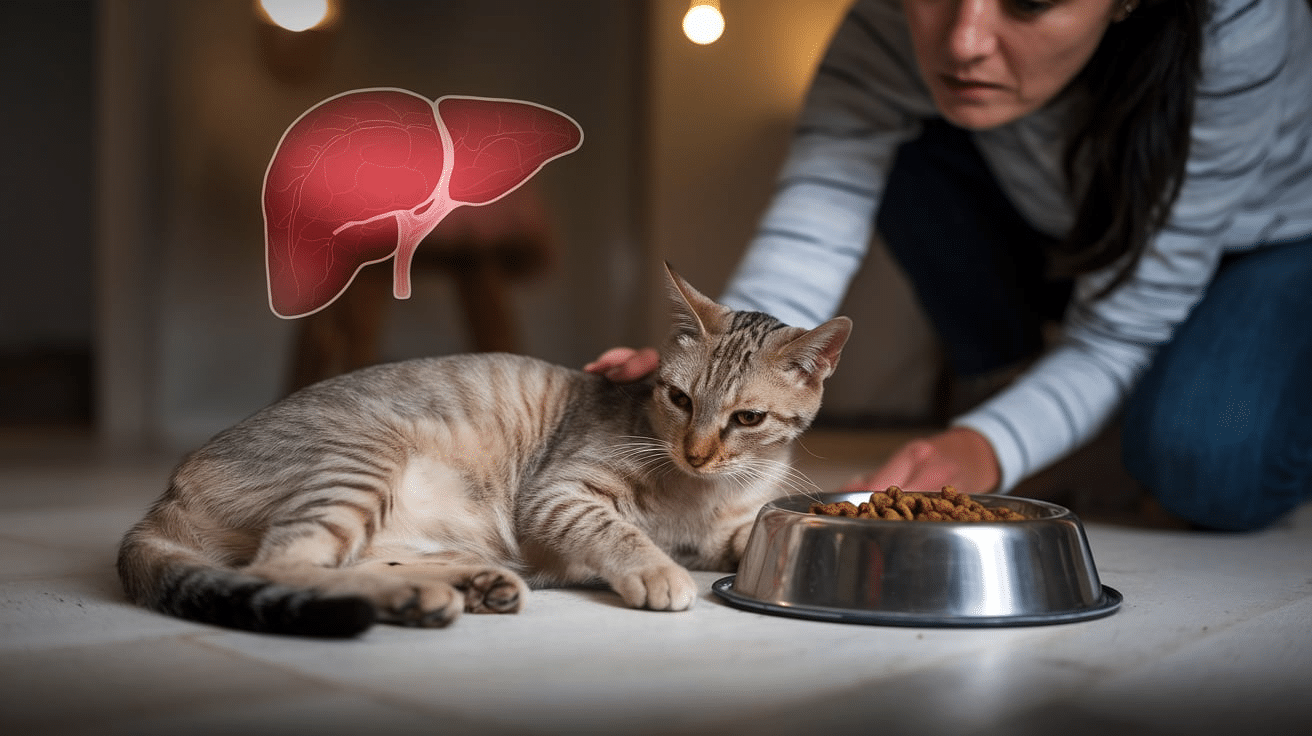
When cats don’t eat for several days, a serious problem can happen in their liver. This is called fatty liver disease.
Here’s what happens:
- When a cat stops eating, their body starts using fat for energy
- This fat builds up in the liver and stops it from working properly
- The cat can get very sick quickly
You might notice these warning signs:
- Yellow color in their gums or eyes
- Weakness and tiredness
- Throwing up
- Not wanting to move much
This condition is very dangerous. Without quick help from a vet, a cat with fatty liver disease could die. Getting help immediately is important if your cat stops eating for over a day.
What Happens When Cats Don’t Get Enough Food?
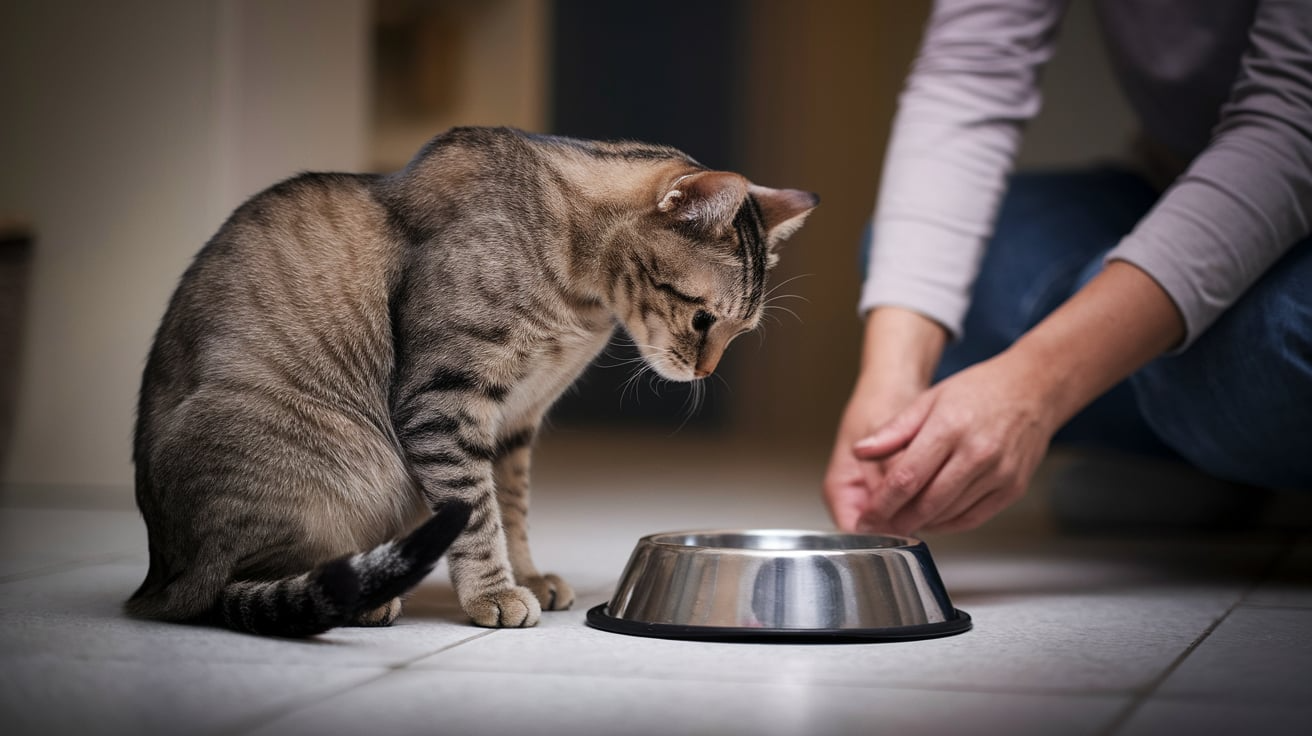
When cats don’t eat enough food, their bodies quickly run out of energy. Without this energy:
- Their bodies start using their muscles for fuel
- They lose muscle very fast, especially in their back and legs
- They become very weak and have trouble moving around
- Their bones begin to stick out, and you can feel them when petting your cat
- They sleep more and play less
- They might not even have enough energy to jump up to their favorite spots
This can happen in just a few days of not eating well. Even if your cat seems fine when they stop eating, their body is already starting to break down their muscles for energy. This is why it’s so important to get help quickly if your cat stops eating.
Why Cats Need Water From Their Food?
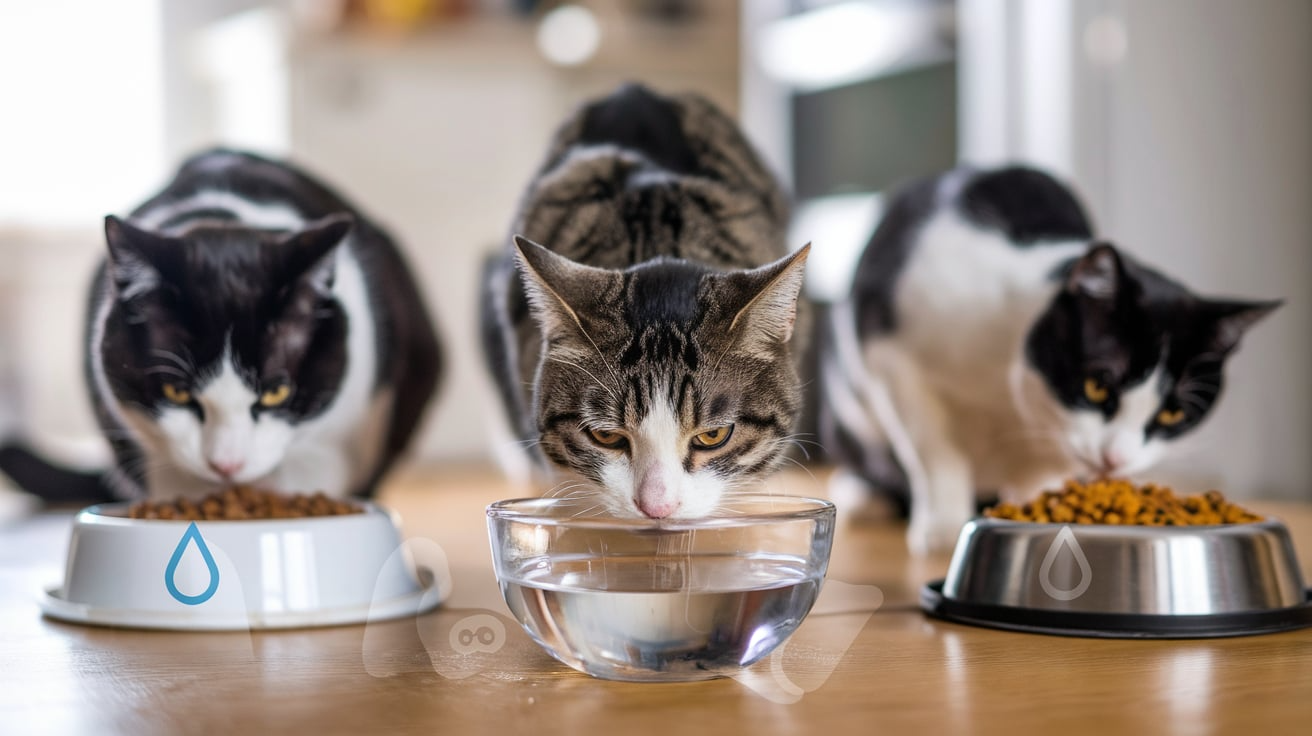
Cats naturally have a low thirst drive, making getting moisture from their food essential. A diet rich in wet food helps prevent dehydration and supports kidney and urinary health. Ensuring proper hydration through food is key to their overall well-being.
- Cats naturally don’t drink much water – they get most of their water from the food they eat
- Without food, cats get dehydrated (too dry) very quickly
- You can check for dehydration by gently pinching the skin on their back – if it stays up instead of going back down, they might be dehydrated
- When cats get too dry, their kidneys can stop working properly
- Dehydrated cats become very tired and weak
- They might try to use the litter box but have trouble peeing
If you notice your cat isn’t eating, remember they’re also not getting enough water. This makes seeing a vet immediately before their organs have problems even more important.
Quick Ways to Help Your Cat Eat
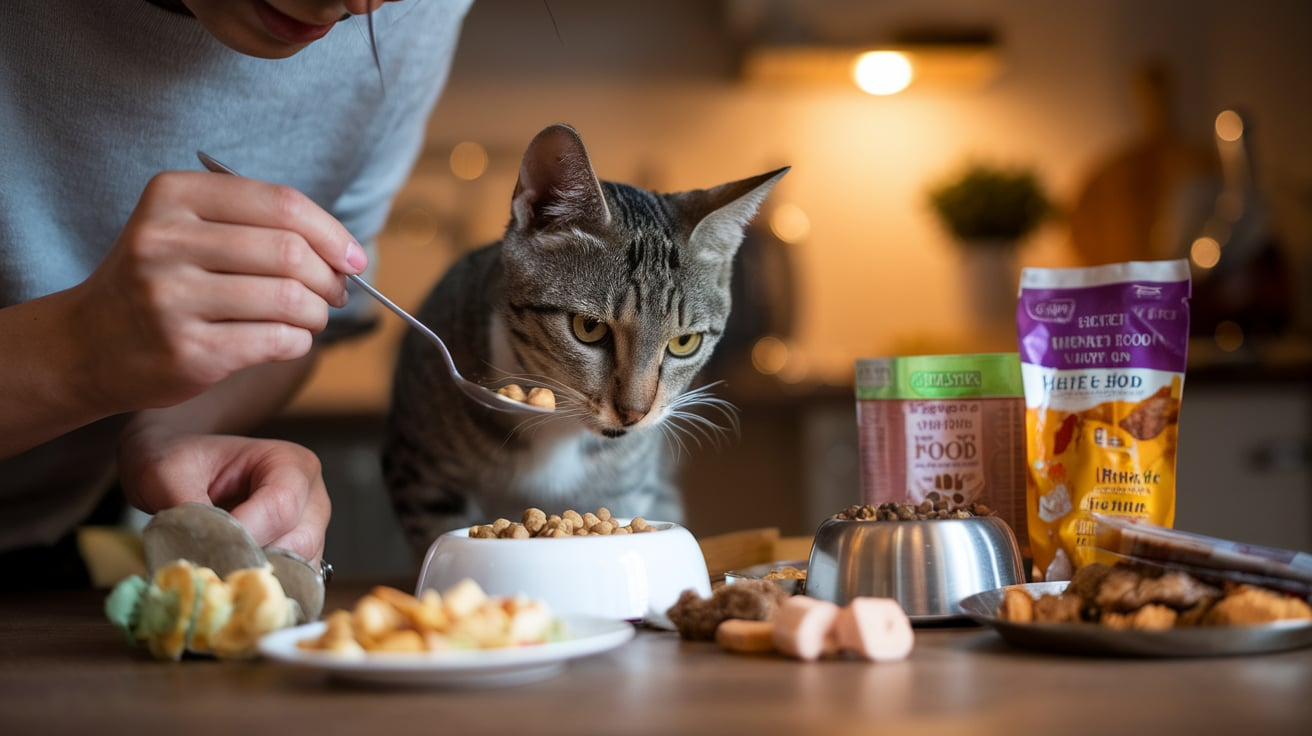
If your cat won’t eat, try these simple tricks to make food more tempting:
-
Heat wet cat food for about 10 seconds. Warm food smells stronger, and cats use their nose to decide if food looks good.
-
Give foods with strong smells that cats love. Try some tuna, chicken soup, or sardines mixed with their regular food.
-
Feed your cat in a quiet, peaceful place where other pets or loud noises won’t bother them.
-
Try putting a small amount of food on your finger and gently offering it to your cat.
These tricks can help get your cat eating again quickly. But remember, if your cat still doesn’t eat after a day, you should call the vet because not eating can quickly make cats sick.
When Your Cat Needs a Doctor Right Away
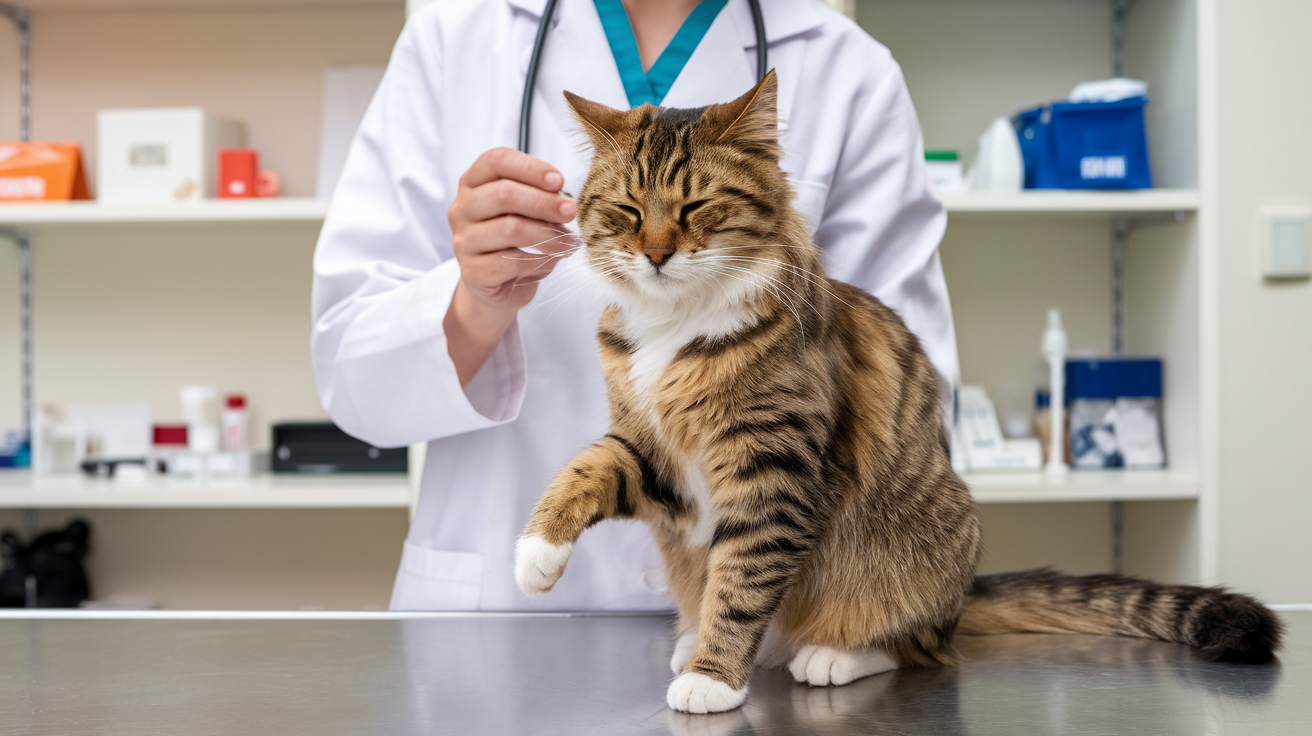
Some cat signs require immediate veterinary attention, including sudden appetite loss, difficulty breathing, or severe lethargy.
Delaying care can make health issues worse, so acting quickly is crucial. Knowing when to seek urgent help can save your cat’s life.
1. For baby kittens: Call the vet if they haven’t eaten for 1 day (24 hours). Kittens are small and can get sick very quickly.
2. For grown-up cats: Call the vet if they haven’t eaten for 2 days (48 hours).
3. Watch carefully for these warning signs that mean your cat needs help fast:
-
- Very tired or sleeping much more than normal
- Throwing up
- Losing weight quickly
- Yellow color in their eyes, gums, or skin
- Hiding more than usual
- They are not interested in things they usually like
Don’t wait too long to get help. Cats can get very sick when they stop eating, and the sooner they see a vet, the better chance they have of getting better quickly.
Special Ways to Feed Cats When They’re Very Sick
Sick cats often need extra care to ensure they get enough nutrition. Assisted feeding, appetite stimulants, or syringe feeding may be necessary if they refuse to eat. Providing the right support can help them recover faster and stay strong.
- The vet might give your cat medicine that makes them feel hungry. This medicine can be a pill, liquid, or even gel you rub on their ear.
- If your cat still doesn’t eat, the vet might show you how to use a special syringe (like a turkey baster but smaller) to gently put soft, liquid food into the side of your cat’s mouth.
- The vet might put in a feeding tube for cats who are very sick or need to be fed this way for a long time. This small tube goes directly into your cat’s body so food can go straight to their stomach.
These special feeding methods help ensure your sick cat gets enough nutrition while getting better.
How to Keep Your Cat Eating Well
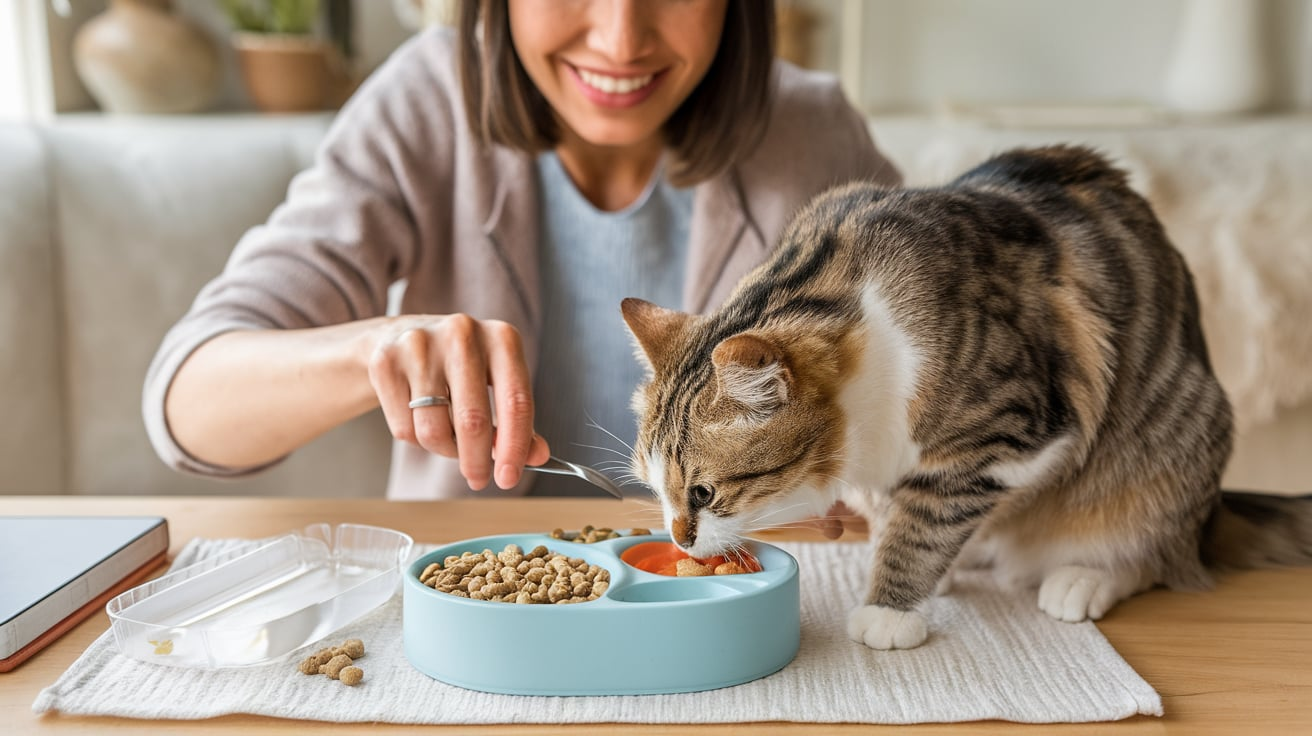
Maintaining a healthy diet for your cat involves providing balanced meals, a stress-free feeding environment, and fresh water.
Regularly monitoring their appetite can help detect any health issues early. A consistent routine and high-quality food keep your cat happy and nourished.
- Feed your cat at the same times every day—cats like knowing when their next meal is coming. For example, you might feed them at 7:00 in the morning and 6:00 at night.
- Use the same food bowls in the same spots each time you feed your cat. This helps them feel safe and comfortable at mealtimes.
- Don’t suddenly change what kind of food you give your cat. Their stomachs are sensitive, and a new food can upset them.
- If you need to change their food, do it very slowly over 7-10 days by mixing more of the new food with the old food each day.
- Keeping these routines helps your cat feel secure and more likely to eat well every day.
The Best Food for Your Cat’s Health
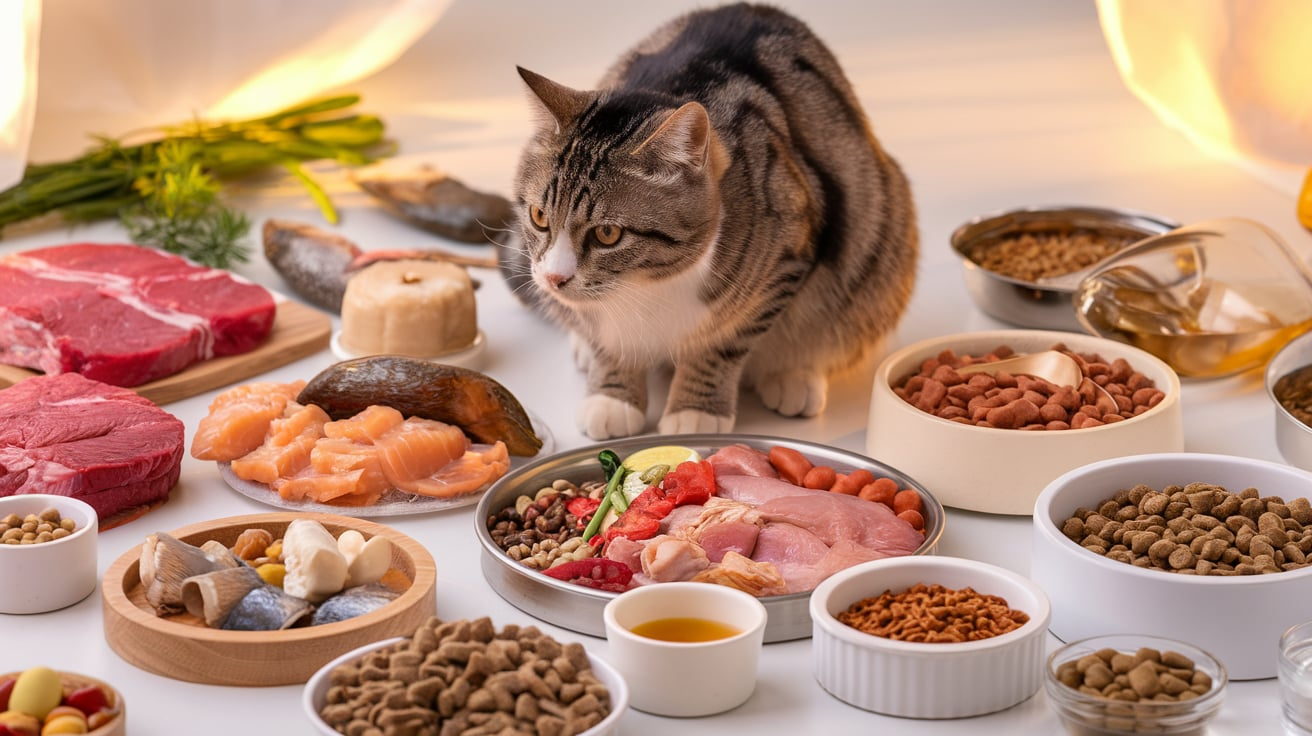
Cats need special diets because they are “obligate carnivores.” This means they must eat meat to stay healthy – it’s not a choice but a need their bodies have.
Here’s what your cat needs in their diet:
- Lots of protein from animal sources like chicken, turkey, or fish. Cats’ bodies are designed to use protein as their main energy source.
-
A mix of both wet and dry food is usually best:
- Wet food (in cans or pouches) gives cats the water they need and is closer to what they would eat in nature
- Dry food (kibble) helps clean their teeth and is easy to store
- Giving both kinds helps make sure your cat gets enough water while also getting all the nutrients they need
-
Look for cat foods that list real meat as the first ingredient on the label
- Feeding your cat the right diet will help keep them healthy and interested in their food.
- Watching Your Cat’s Eating to Catch Problems Early
- Paying close attention to how your cat eats can help you notice problems before they become serious:
-
Watch how much your cat eats at each meal. Something might be wrong if they usually eat a half cup of food but suddenly eat only a quarter cup.
Final Thoughts
Cats may appear resilient, but their nutritional needs require vigilant attention. While a healthy cat might survive up to 2 weeks without food, serious health issues arise within 3-4 days. This rapid decline makes early intervention critical.
If your cat hasn’t eaten for more than 24-48 hours, seek veterinary care immediately. This timeframe is your crucial window for preventing potentially irreversible damage.
Prevention remains the most effective approach. Establish a regular feeding schedule to create security and routine for your feline companion.
Address environmental stressors that might trigger appetite loss, and stay attentive to subtle behavioral changes that could indicate emerging health issues.
Remember, your cat depends entirely on you for their well-being. Monitoring their eating habits closely demonstrates the care and responsibility defining humane pet ownership.

